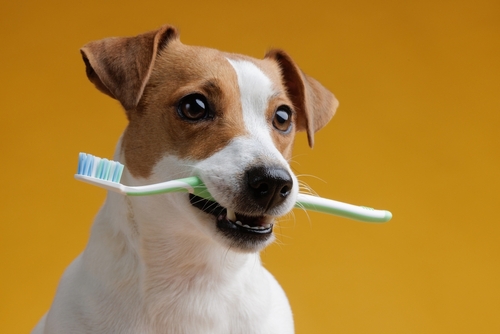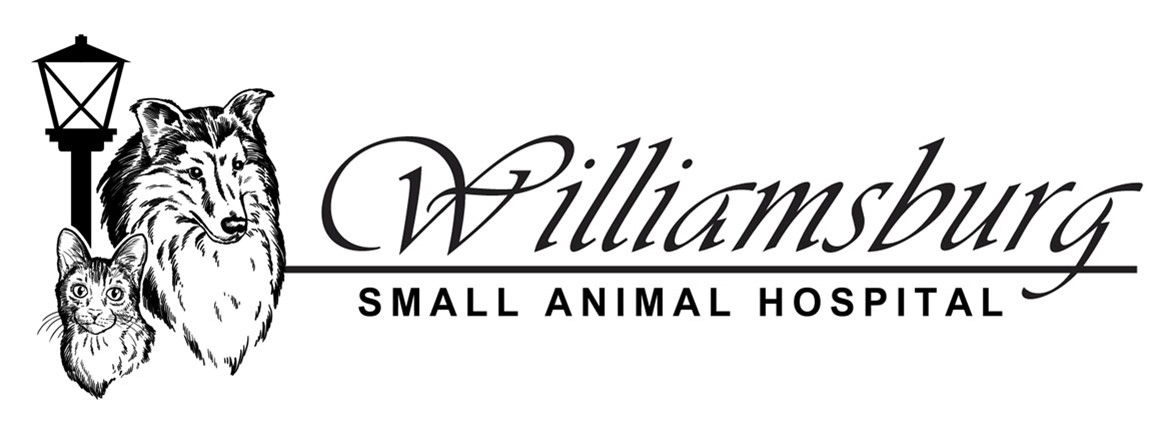National Pet Dental Health Month 2024

February is widely recognized as National Pet Dental Health Month, emphasizing the significance of oral hygiene for our furry companions. Just like humans, pets can develop dental problems that can lead to significant health issues if left untreated. In this blog post, we will discuss the importance of getting your pet’s teeth checked out and the risk factors associated with neglecting their dental health.
Understanding the Significance of Pet Dental Health
Maintaining good dental hygiene for pets is crucial for their overall health and well-being. Just like humans, pets can suffer from dental issues such as gum disease, tooth decay, and periodontal disease. These problems can lead to pain, discomfort, difficulty eating, and even infections that may impact their quality of life. Regular dental check-ups can help identify any oral health issues early on, allowing for timely treatment and prevention of further complications.
The Consequences of Neglecting Pet Dental Health
Neglecting your pet’s dental health can have serious consequences. Poor oral hygiene can lead to the formation of plaque and tartar on their teeth, which can eventually progress to gum disease. If left untreated, gum disease can result in gum infections, tooth loss, bone damage, and systemic health problems. The bacteria present in the mouth can enter the bloodstream, potentially affecting vital organs such as the heart, liver, and kidneys. Neglecting your pet’s dental health can ultimately lead to unnecessary suffering and increased veterinary expenses in the long run.
Recognizing the Risk Factors
Several risk factors make pets more susceptible to dental problems. Small breed dogs, such as Yorkshire Terriers and Chihuahuas, are more prone to dental issues due to the crowded nature of their teeth. Similarly, brachycephalic breeds, like Bulldogs and Pugs, often face dental challenges due to their unique jaw alignment. Age also plays a role, as older pets are more likely to develop dental issues. Additionally, certain diets, such as soft foods or excessive amounts of sugary treats, can contribute to dental plaque formation. Understanding these risk factors can motivate pet owners to stay vigilant about their pet’s dental health.
The Importance of Regular Dental Check-ups
Regular dental check-ups are crucial for monitoring and maintaining your pet’s oral health. Veterinarians are trained to identify early signs of dental problems that may go unnoticed by pet owners. During a dental examination, they thoroughly inspect your pet’s mouth, teeth, and gums, checking for any abnormalities, plaque buildup, or signs of infection. If necessary, they may recommend a professional dental cleaning or other treatments to address any dental issues.
Home Dental Care Practices
In addition to regular veterinary check-ups, pet owners should establish a home dental care routine for their furry friends. Brushing your pet’s teeth daily or at least two to three times a week can significantly reduce the buildup of plaque and tartar. Use a soft-bristled toothbrush specifically designed for pets, along with pet-friendly toothpaste. Dental chews, specially formulated for oral health, can also help control plaque and freshen your pet’s breath. It’s important to introduce these practices gradually and make them a positive experience for your pet.
Preventive Measures for Oral Health
Prevention is always better than cure when it comes to dental health. By taking proactive measures, pet owners can minimize the risk of dental problems for their furry friends. Providing appropriate chew toys can help promote oral health and reduce plaque buildup. Feeding a balanced diet that includes dental-friendly dry kibble may also help control dental issues. Additionally, incorporating water additives or oral rinses specifically designed for pets can further promote their oral hygiene.
Summary
National Pet Dental Health Month 2024 serves as a reminder of the importance of maintaining good oral hygiene for our beloved pets. Neglecting their dental health can lead to various health issues, including gum disease and systemic infections. By being aware of the risk factors, regular dental check-ups, establishing a home care routine, and taking preventive measures, pet owners can ensure their furry friends have healthy teeth and gums. Prioritizing pet dental health leads to happier, healthier lives for our loyal companions.
Need a Small Animal Hospital in Pauls Valley, OK?
When it comes to keeping your dogs and cats up-to-date on their vaccines, it is crucial to work with a reliable veterinary clinic. Williamsburg Small Animal Hospital is an excellent option for all your pet’s vaccination and small pet needs. We understand the importance of vaccinations in preventing diseases and will guide you through the vaccination schedule for your dog or cat. In addition to vaccines, we also offer a wide range of veterinary services for your pets, including wellness exams, dental care, surgical procedures, and diagnostics. Our team is committed to providing top-notch care to keep your pets healthy and happy. Contact us today to learn more about what we can do for you!
